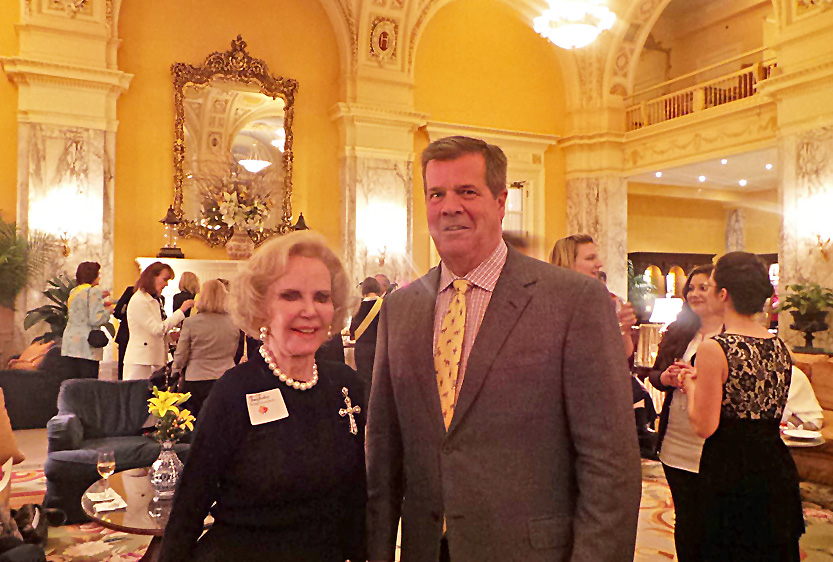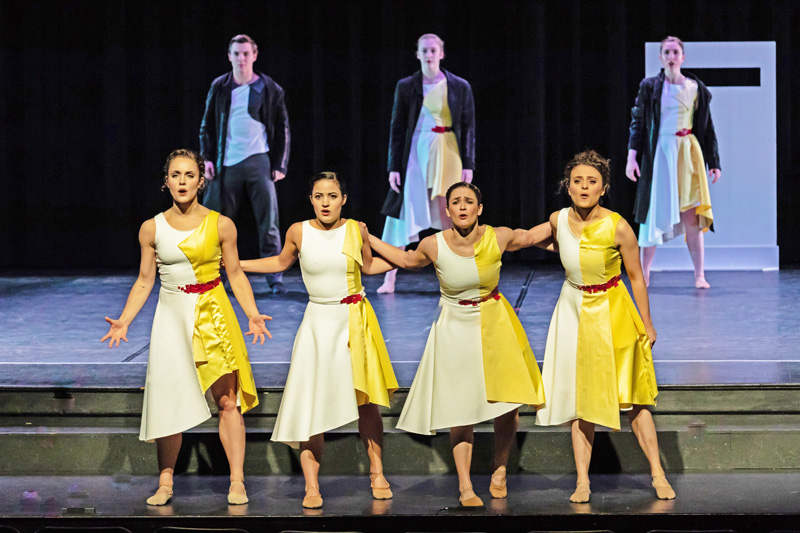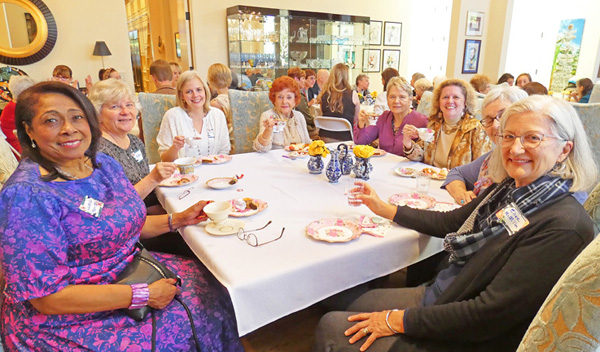Celebrating Our Legacy
The League of Women Voters of Nashville proudly honors the hard-fought battle for women’s suffrage and the historic victory of the 19th Amendment with commemorative events and celebrations. We recognize the milestones and stories that shaped the movement—and Nashville’s pivotal role in securing the right to vote for American women.
Tennessee’s Role in the Fight for the Vote
In August 1920, all eyes turned to Tennessee as it became the final state needed to ratify the 19th Amendment. The vote came down to a single lawmaker: young Representative Harry T. Burn, who, encouraged by a letter from his mother, cast the deciding vote in favor of ratification. His action secured the right to vote for millions of American women.
But the fight didn’t happen overnight. Tennessee suffragists were deeply active in the movement, especially from 1914 to 1920. Anne Dallas Dudley, a key leader and advocate—and the mother-in-law of event speaker Jane Dudley—spearheaded Nashville’s first May Day Suffrage March in 1914. That day, 2,000 women followed her from downtown Nashville to Centennial Park, where she delivered the first open-air speech by a woman in Tennessee. The following year, after heated debate at the National American Woman Suffrage Association’s convention at the Hermitage Hotel, the organization resolved to fully support the Susan B. Anthony Amendment.

Commemoration Ceremony
On November 18, 2014, the League of Women Voters of Nashville hosted a kickoff celebration honoring Tennessee’s crucial role in ratifying the 19th Amendment. Held at the iconic Hermitage Hotel—the site of intense lobbying between suffragists and opponents—the event featured a cocktail reception and remarks from Mayor Karl Dean, Mrs. Jane Anderson Dudley, and LWVN President Debby Gould.
Special guests at the 2014 commemoration included Speaker Beth Harwell, Supreme Court Justice Connie Clark, Anne Davis, Chancellor Claudia Bonnyman, Judge Rachel Bell, Senators Steve Dickerson and Jeff Yarbro, Representative Harold Love, Councilwoman Megan Barry, and Councilman Peter Westerholm.

“72 Steps” Ballet Performance
To honor the 72-year journey toward women’s suffrage, LWVN commissioned a special performance by the Nashville Ballet. Titled “72 Steps”, the ballet told the powerful story of the women who led the way, combining art and history in a moving tribute to their perseverance and courage.

High Tea with Harry T. Burn
On October 20, 2019, the Nashville League hosted its annual fundraising event, High Tea with Harry T. Burn, celebrating the centennial of Tennessee’s decisive role in ratifying the 19th Amendment.
We were joined by Tyler Boyd, author of Tennessee Statesman Harry T. Burn: Woman Suffrage, Free Elections, and a Life of Service, and great-grandnephew of Harry T. Burn. His family’s story and legacy offered a powerful reminder of how one vote—and one voice—can change history.

